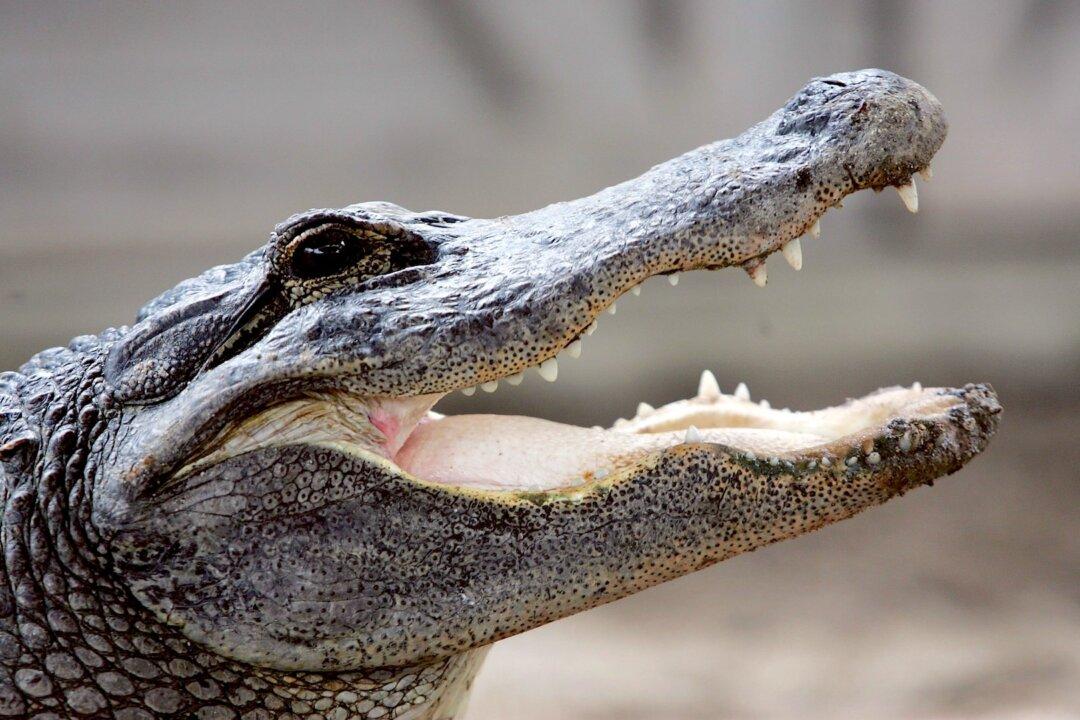A federal judge has ruled against California’s ban on selling and importing alligator and crocodile products.

An alligator is seen at the Gator Park in the Florida Everglades, on May 17, 2006. Joe Raedle/Getty Images

A federal judge has ruled against California’s ban on selling and importing alligator and crocodile products.